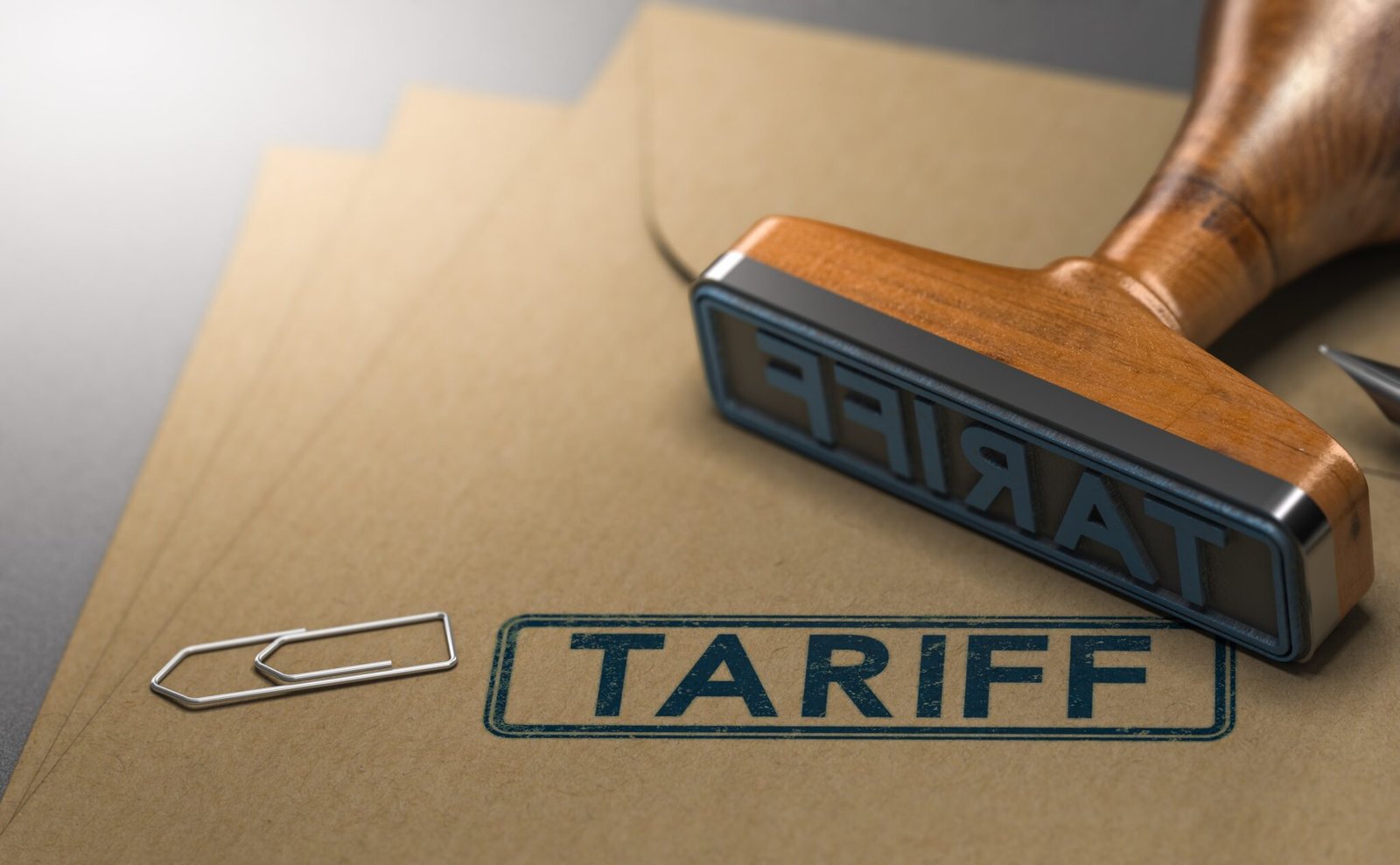Business
Trump’s Tariff Promise Conflicts with Anti-Inflation Strategy, Democrats Charge

President-elect Donald Trump has unveiled plans to impose significant tariffs on key trading partners, raising concerns among economists and Congressional Democrats. This announcement, made on his Truth Social platform, follows his commitment to combat issues related to illegal immigration and drug trafficking.
On the first day of his presidency, Trump intends to introduce a 25% tariff on all imports from Canada and Mexico and a 10% tariff on goods from China. He asserts that these measures aim to address the influx of crime and drugs, particularly targeting substances like fentanyl. “Thousands of people are pouring through Mexico and Canada, bringing Crime and Drugs at levels never seen before,” he stated.
Economic experts predict that these tariffs could negate Trump’s pledges to reduce consumer costs. According to analysts from the Center for American Progress, such tariffs might elevate annual expenses for the average American family by approximately $1,300. Democratic members of the House Ways and Means Committee further estimate potential cost increases could reach $4,000 annually.
The consumer backlash against inflation is palpable. Polling indicated that 78% of voters view inflation as a substantial burden, a pivotal factor that helped Trump secure a major victory over Vice President Kamala Harris this month.
The impact of these tariffs would likely resonate across various sectors. Gary Hufbauer from the Peterson Institute for International Economics highlighted that about 15% of goods consumed in the U.S. are imported. He emphasized that the proposed tariffs would exacerbate inflation and affect sectors like automotive, agriculture, and energy.
As the U.S. heavily relies on imports of Mexican fruits and vegetables and Canadian oil, the prospect of increased prices poses challenges to Trump’s promises of lowering food and gas costs. This complication is particularly significant for regions in the Midwest that are reliant on Canadian oil.
In response to Trump’s tariff plans, Democratic lawmakers are moving to limit the executive’s authority to impose such measures unilaterally. On Tuesday, a group led by Representatives Suzan DelBene and Don Beyer introduced legislation aimed at curbing the president’s tariff powers, citing concerns over rising costs for American families.
DelBene remarked, “Imposing sweeping tariffs on imported goods would raise prices on consumer products by thousands of dollars a year according to estimates.” They argue that unchecked tariffs could not only harm domestic prices but also strain trade relationships and provoke retaliation that would adversely affect American workers and businesses.
While Trump’s proposed tariffs represent a bold stance, experts caution that their actual implementation may differ from the announced figures. Predictions suggest a likelihood of adjustments as the new administration navigates these complex economic waters.
Last updated 10:36 p.m., Nov. 26, 2024


















